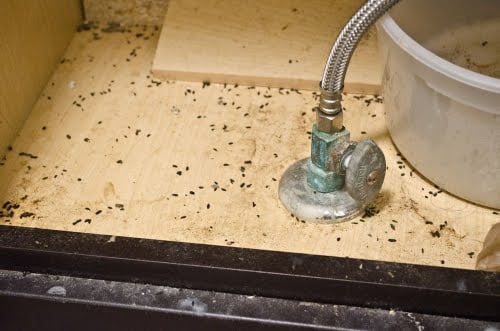02/04/26
Rodents are Surviving Winter in Your Midwest Home
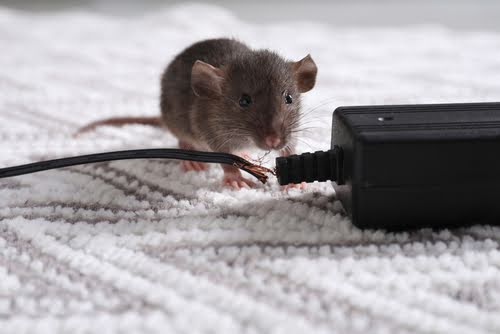
01/29/26
Roach Identification Guide: What Kind of Cockroach Is This?
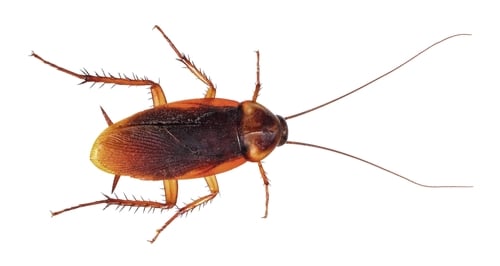
12/29/25
Cinema Creepy Crawlers: Iconic Bug Movies

11/14/25
Mice Prevention Tips for the Upcoming Winter
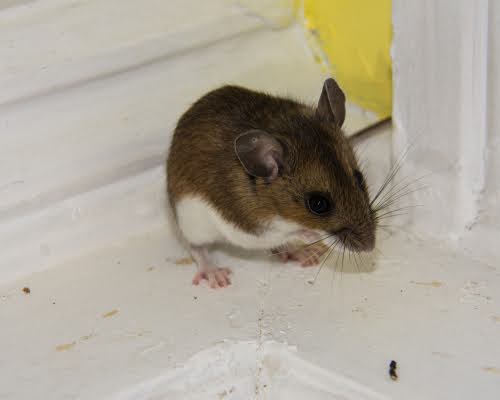
11/13/25
Rodent Infestation: Are Rodents Reproducing in My House?
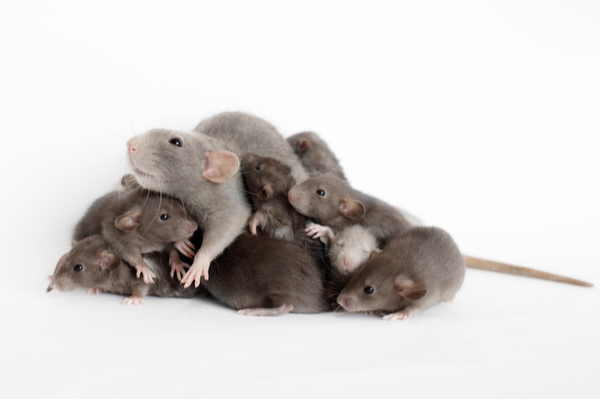
11/11/25
Top 5 Pests in Minneapolis Homes
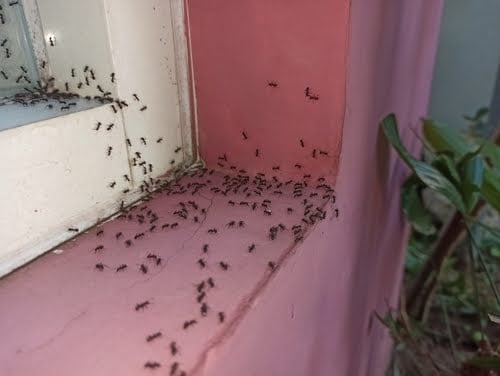
10/01/25
Your Guide to Boxelder Bugs: Where Do They Come From & What Do They Want?

09/26/25
How to Prevent Fall Ant Infestations in Your Home
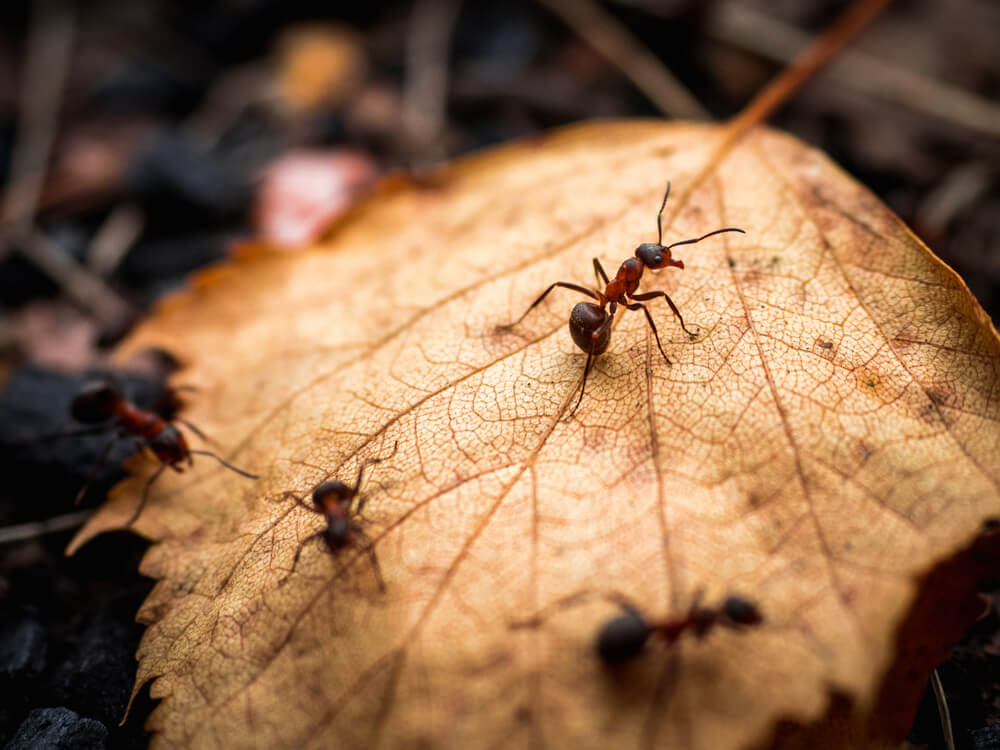
09/03/25
Your Guide to Pest Control for Your Rental Property

08/28/25
Are Bed Bugs Really That Bad?
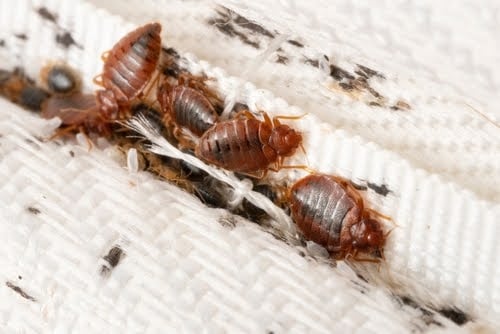
08/13/25
What Attracts Cockroaches to Your Home
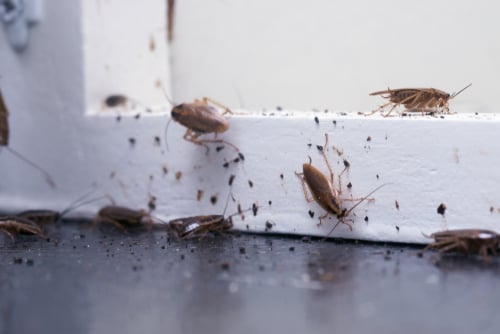
08/11/25
What’s the Difference Between Ladybugs and Asian Lady Beetles?
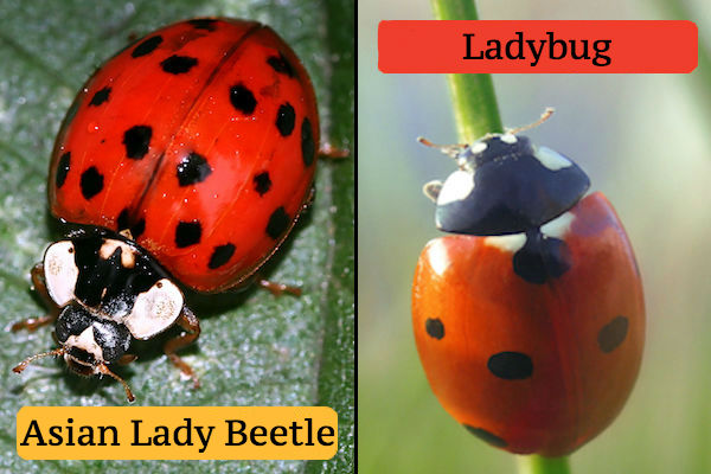
07/24/25
How to Wasp-Proof Your Missouri Backyard
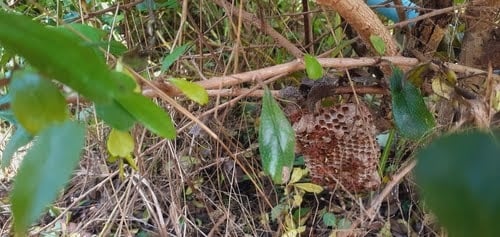
07/11/25
What is That?! Identifying Strange Insects and Bugs
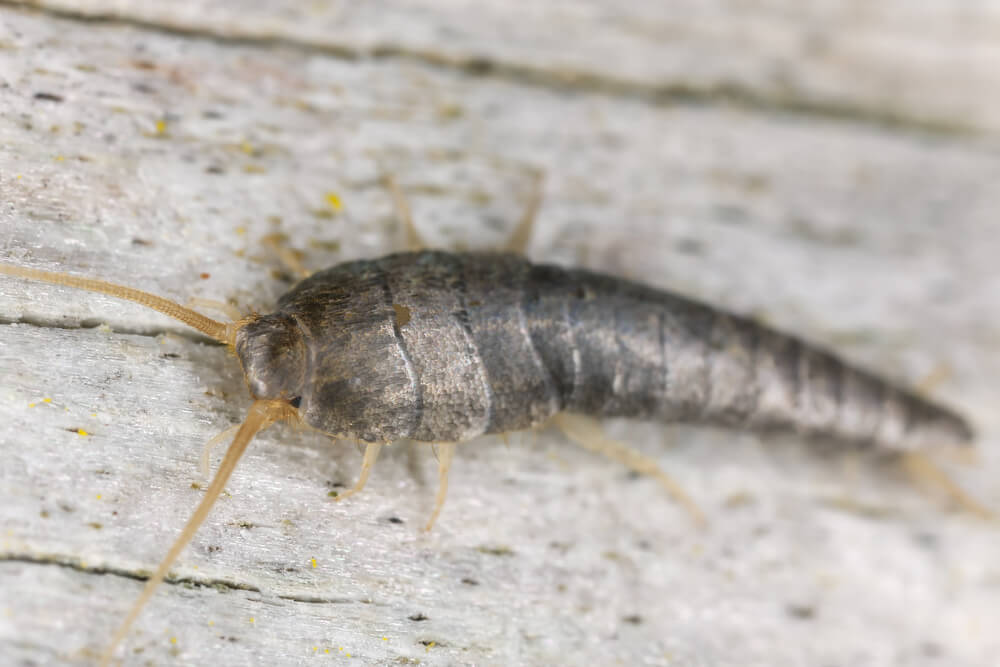
06/04/25
Do I Need a Termite Inspection for My VA Loan?
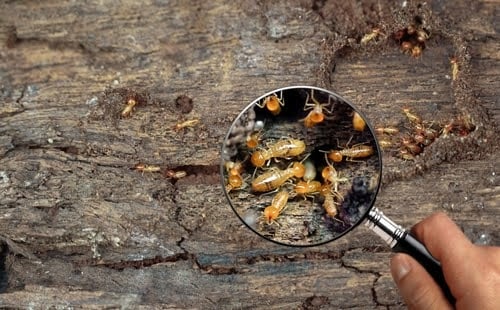
05/21/25
Plunkett’s Ranked Among Top 20 Pest Control Companies in 2025

05/21/25
Why Cockroaches Love Amarillo, Texas (And Your Home) [Infographic]
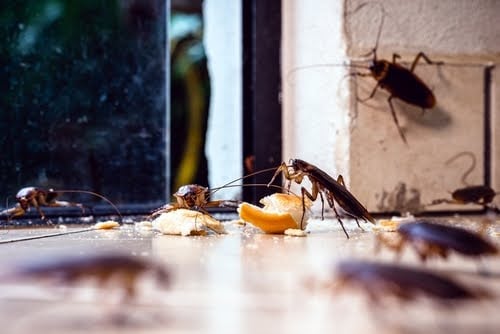
05/01/25
Ants in Your Four Corners Home: What You Need to Know
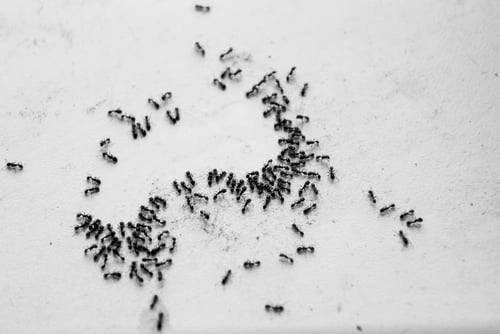
04/30/25
Common Pests in Sioux Falls & How to Avoid Them
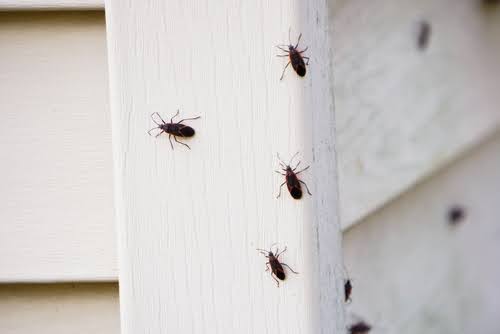
03/13/25
Signs of a Pest Infestation That You Shouldn’t Ignore
